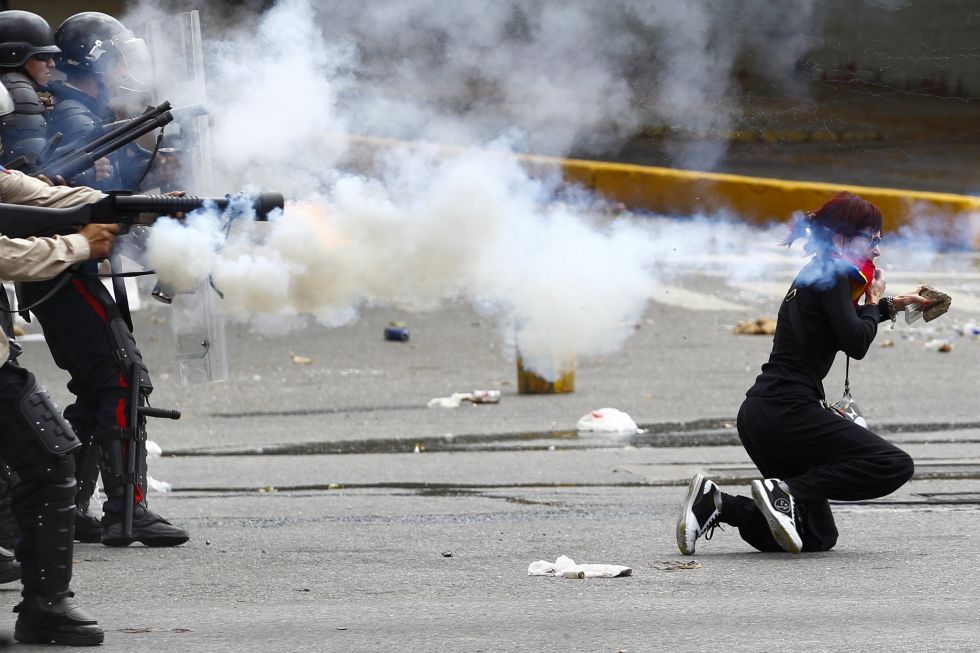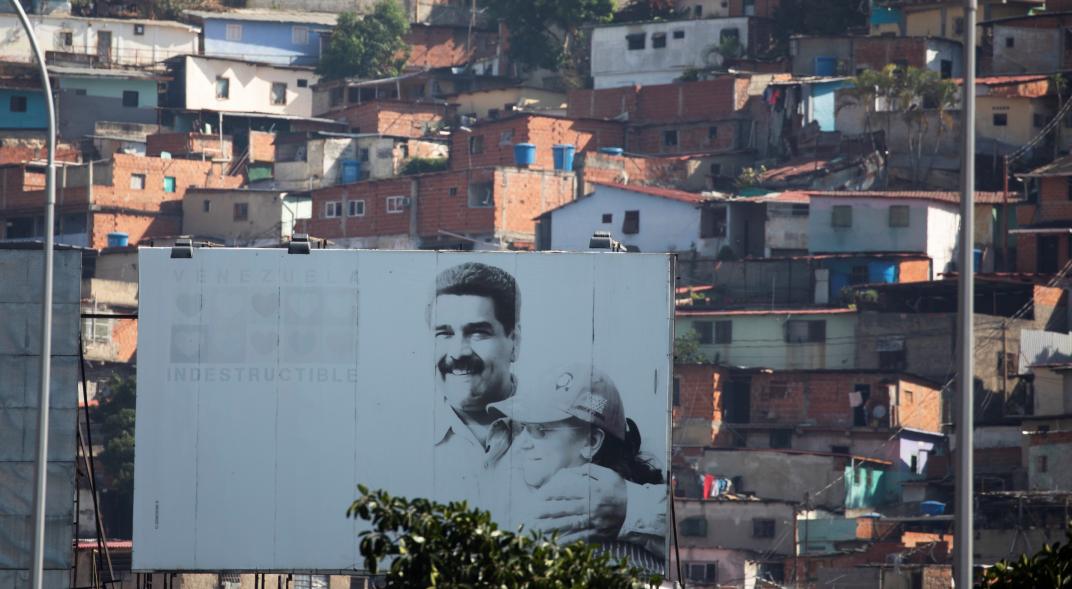From José Luis Fernández-Shaw to Diosdado Cabello, all those who oppose the work of independent associations in Venezuela have recently tried to advance the narrative that the defense of human rights “has become politicized”, or that NGOs have become “political actors”.
The declaration seeks to pave the way for the further restriction of the exercise of the right to freedom of association and assembly in the country.
Politics enjoy little prestige among us, as our current crisis of representation suggests. Populism needs to sell the idea that the construction of consensus -the field of genuine political action- is not only ineffective but corruptible, thus making it necessary to continue the push for the opposite, the authoritarianism of the party or the caudillo. Therefore, a good way to try to discredit any action before the public eye is to suggest that one has “political motivations.”
Many efforts were made to explain the meaning of the Universal Declaration of Human Rights after the document was adopted in 1948. The first human rights organizations in the region, including Venezuela, began their work by devoting a good part of their early years to educating and disseminating both the meaning and the State duties derived from the act.
After the fall of the Berlin Wall and the exhaustion of the ideological confrontation between the left and the right, human rights began to become popular as the most influential set of principles to ensure a life with dignity for all. Expedited by the information technology revolution of globalization, the term became a politically correct term in culture, society and multilateral relations. However, this did not happen by chance: it was also the consequence of deliberate advocacy to put the term on everyone’s lips. Hearing a leader or member of a political party mention it should not have a negative interpretation, quite the opposite, it should be regarded as a triumph of the human rights movement, including the victims of human rights violations, in positioning the conversation in the public debate.
In the book Los límites de la fuerza. Mitos y verdades sobre los derechos humanos (The limits of force: Myths and truths about human rights), Catalina Fernández Botero affirms that “human rights are not the exclusive asset of any political sector. However, this does not mean that they are not political: when referring to the relationship between individuals and the State, the concept is eminently political. Later on, she adds: “How can human rights not be political if they are the guarantees that allow us political participation? How are we going to “depoliticize” the question about the limits of State action and the protection of citizens? Asking the debate on human rights to avoid crossing paths with politics is as absurd as asking the debate on the [Chilean] Constitution not to be political. It can only be political.”
In the most well-intentioned cases, it is odd to hear allegations about the “politicization of human rights in Venezuela”, the only country on the continent where an investigation by the International Criminal Court is currently open. I cannot help thinking that the true motivation is ideological or affective, which is almost the same. The problem comes when those we perceive as “the others” -conservatives or anyone outside of the progressive constellation- invoke the assertion as part of their criticism of what is closest to us. For example, the political and social organizations that finally came to power in Colombia with Gustavo Petro had always accused liberals and conservatives in the Palacio de Nariño of violating human rights, an accusation that rightly spread throughout the world. And I cannot remember hearing anyone say that human rights in Colombia had been “politicized”.
In Colombia, Venezuela, or any other country on the globe, human rights violations are going to be part of the opposition’s narrative, regardless of its leaning. To reduce and neutralize criticism in this regard, national authorities should genuinely promote policies to investigate violations, provide reparation to the victims, and establish mechanisms for non-repetition. In the case of Venezuela, a country without a democracy that is also navigating a Complex Humanitarian Emergency, the authorities have continued to hand the issue on a silver platter to the critics.
The effort to install in the dominant imaginary the idea that NGOs or the defense of human rights have a “political” nature is not an academic drift or a matter of interpretation. The 2010 Law on the Defense of Political Sovereignty and National Self-Determination has a series of restrictions and penalties for “organizations with political purposes.” Article 3 establishes what the ruling factor understands by that denomination: “Those that carry out public or private activities aimed at promoting the participation of citizens in public spaces, exercising control over public powers or promoting candidates for elected public office.
This regulation would be complemented by the bills currently under discussion in the National Assembly – the International Cooperation Bill and the Bill on the Supervision, Regularization, Action and Financing of Non-Governmental Organizations and Related Entities-. The authoritarian hunger will not be satiated by crushing NGOs or their beneficiaries alone.
As the Nicaraguan example demonstrates, the objective is to discipline the entire population by seriously restricting their autonomous capacities to freely associate to transform their reality and take the reins of their destiny into their hands.
Translated by José Rafael Medina




